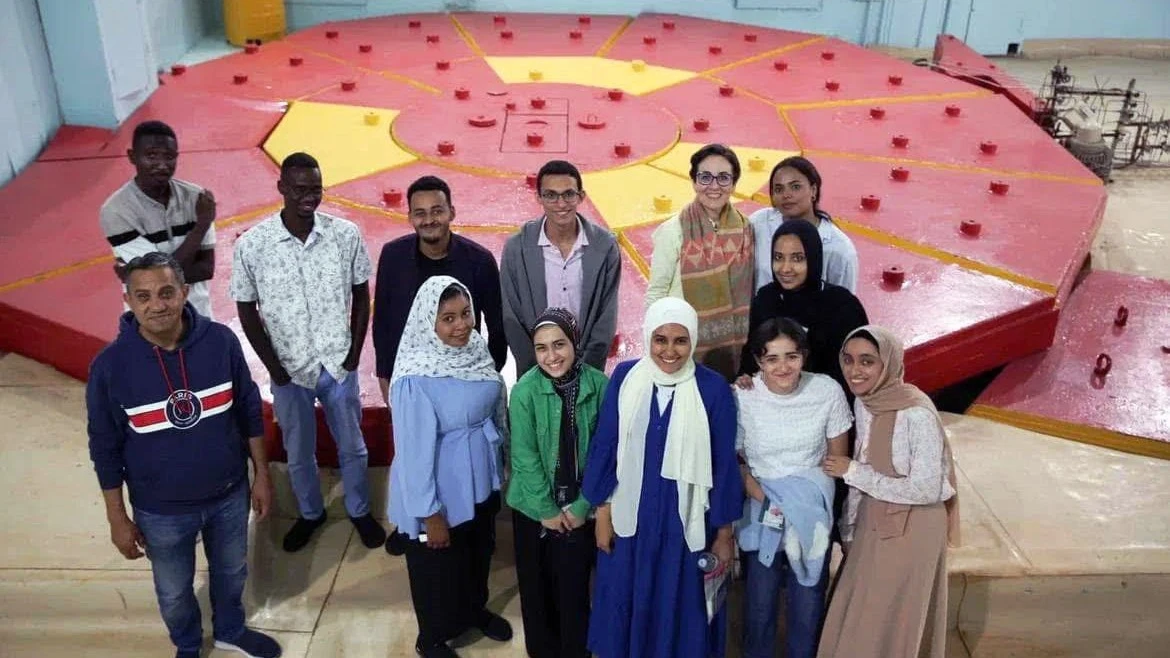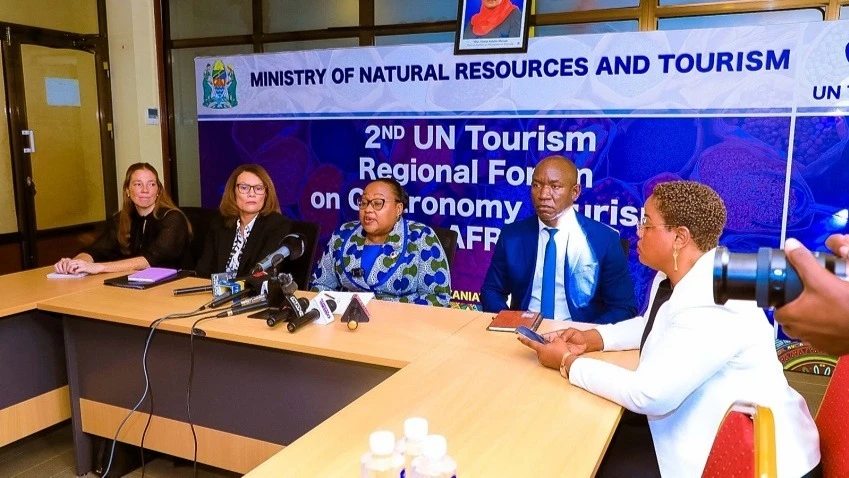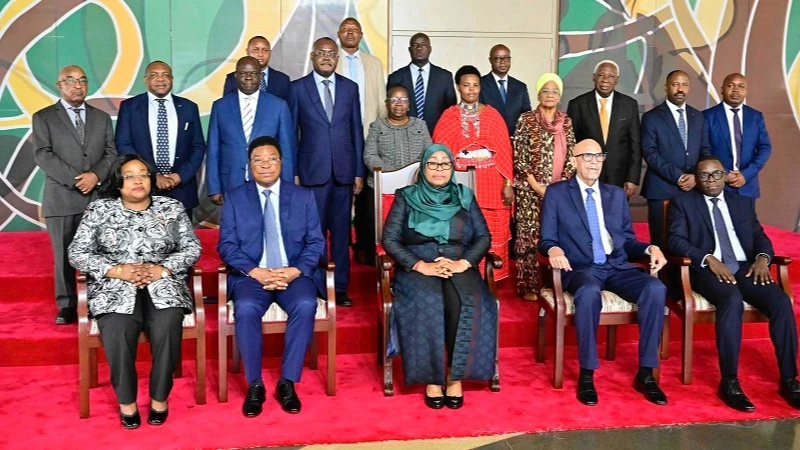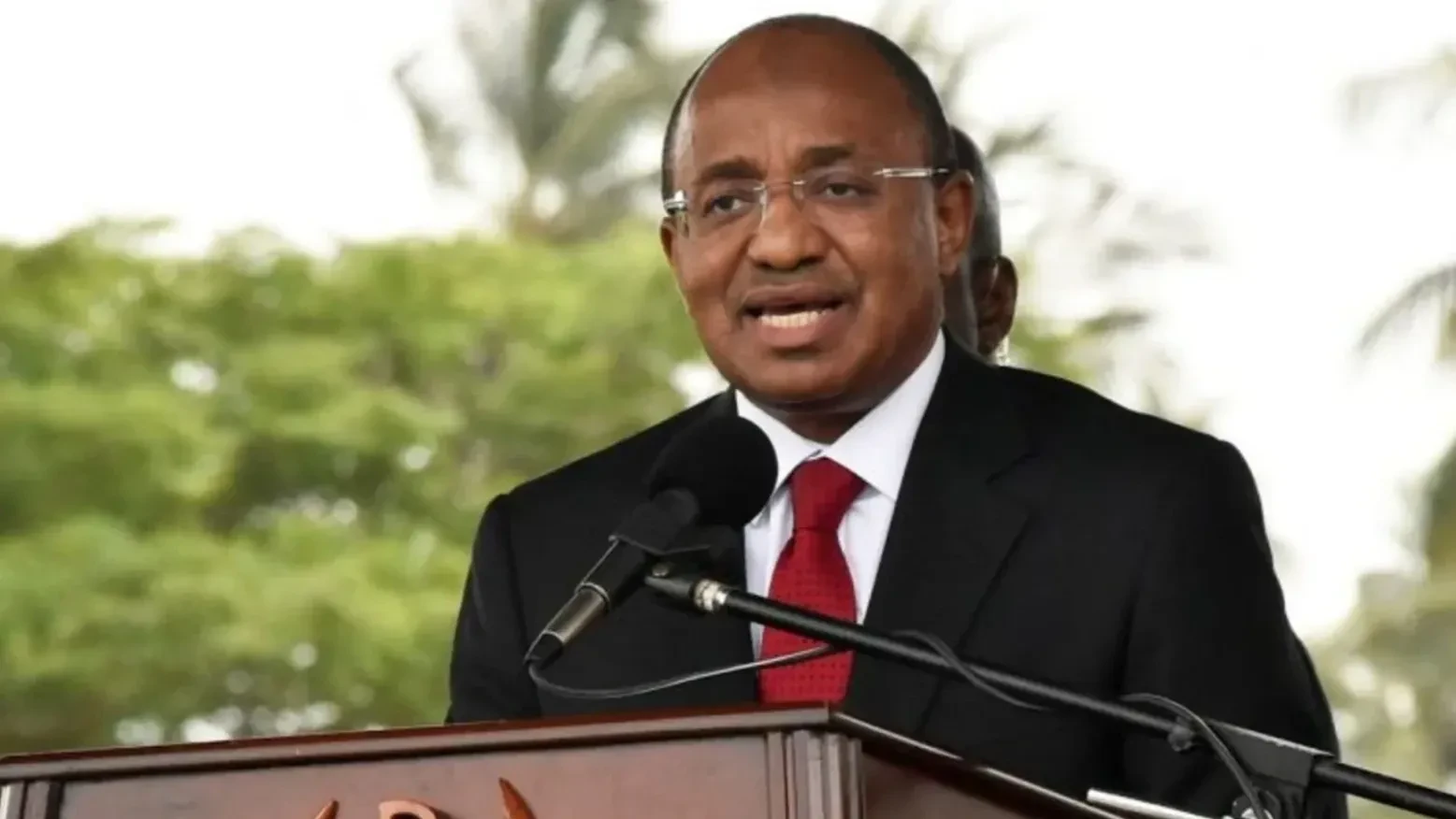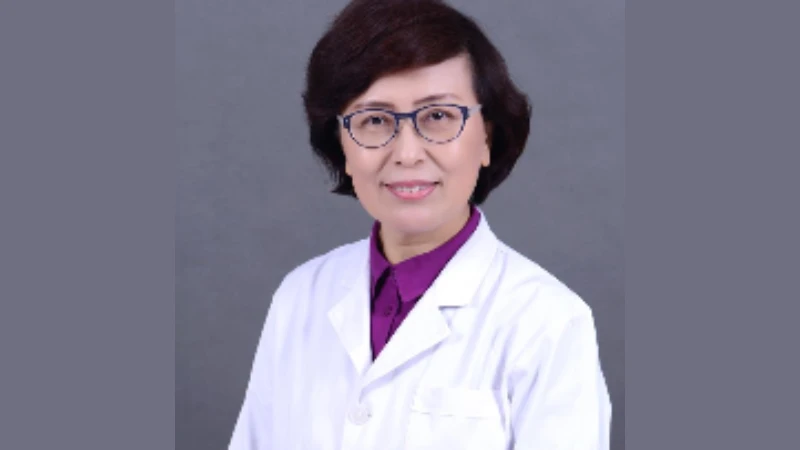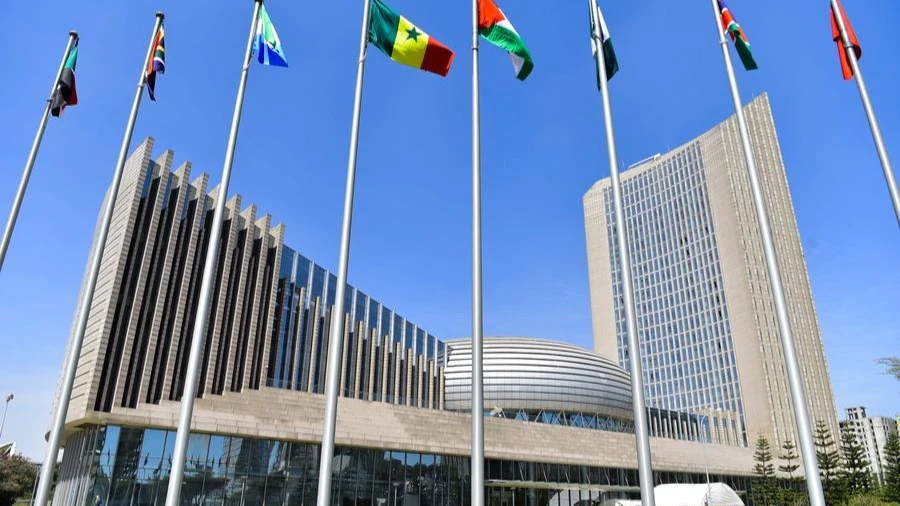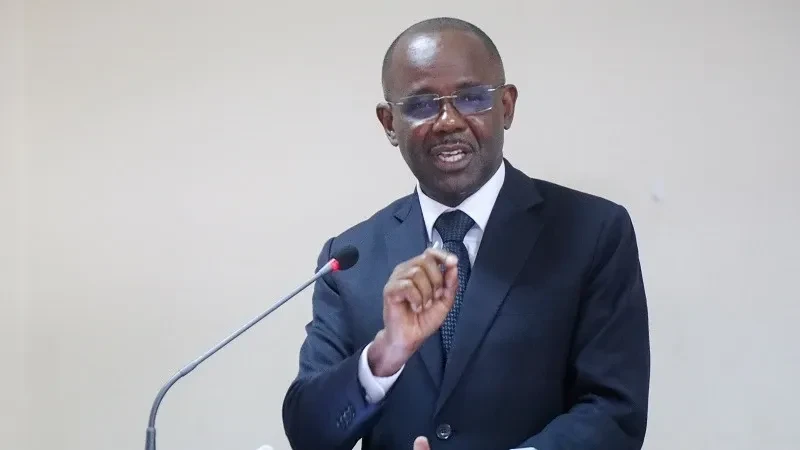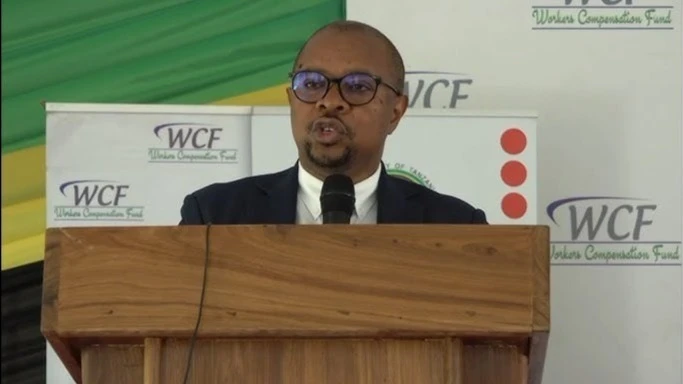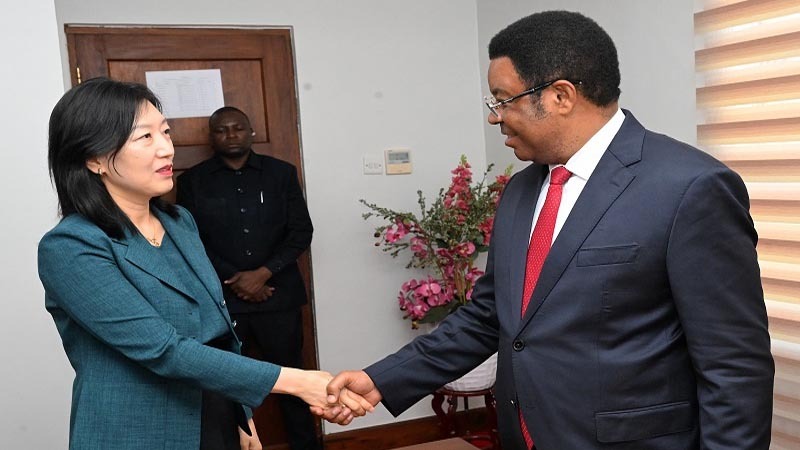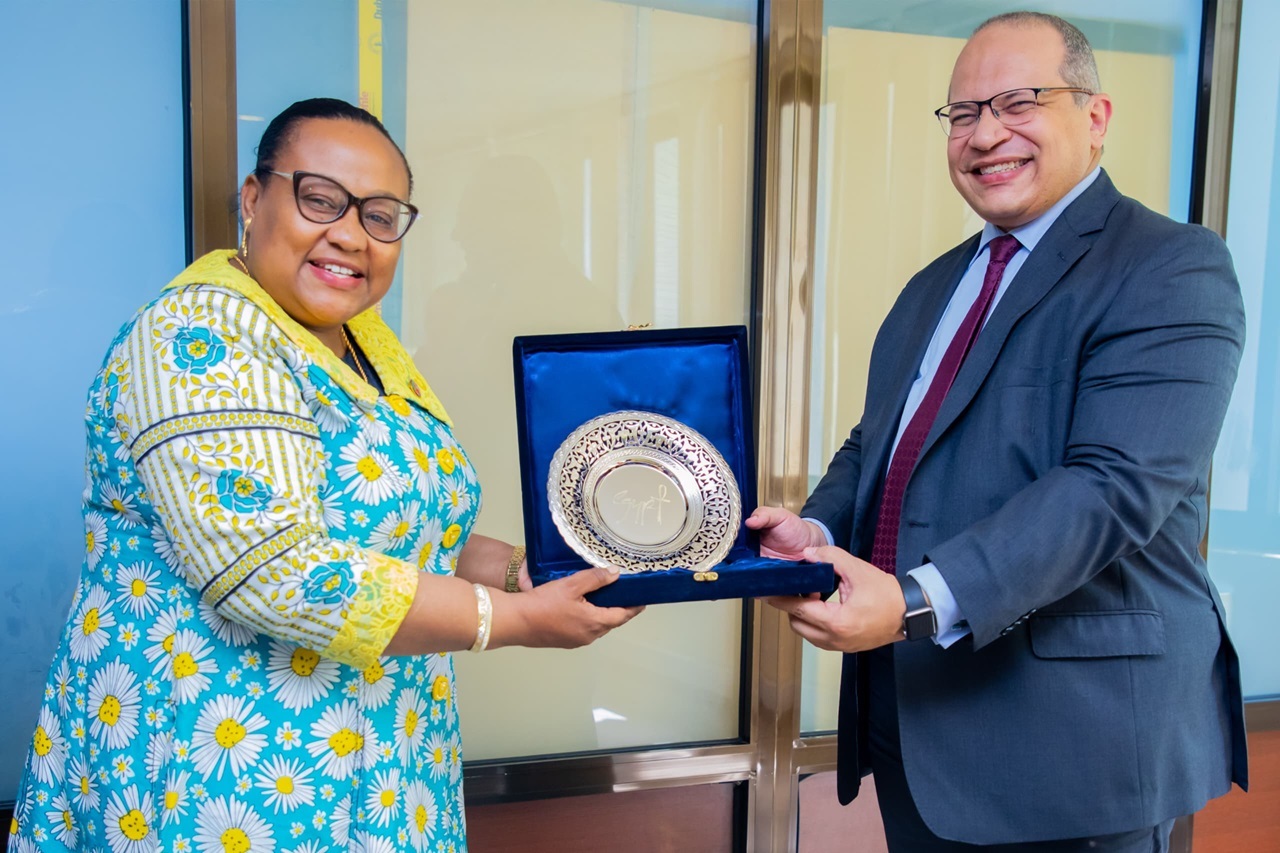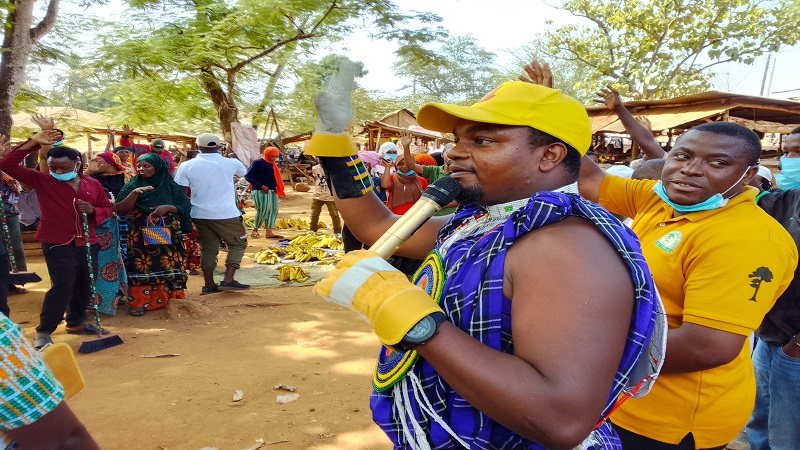S.Sudan joins five EAC states in mutual recognition of engineers
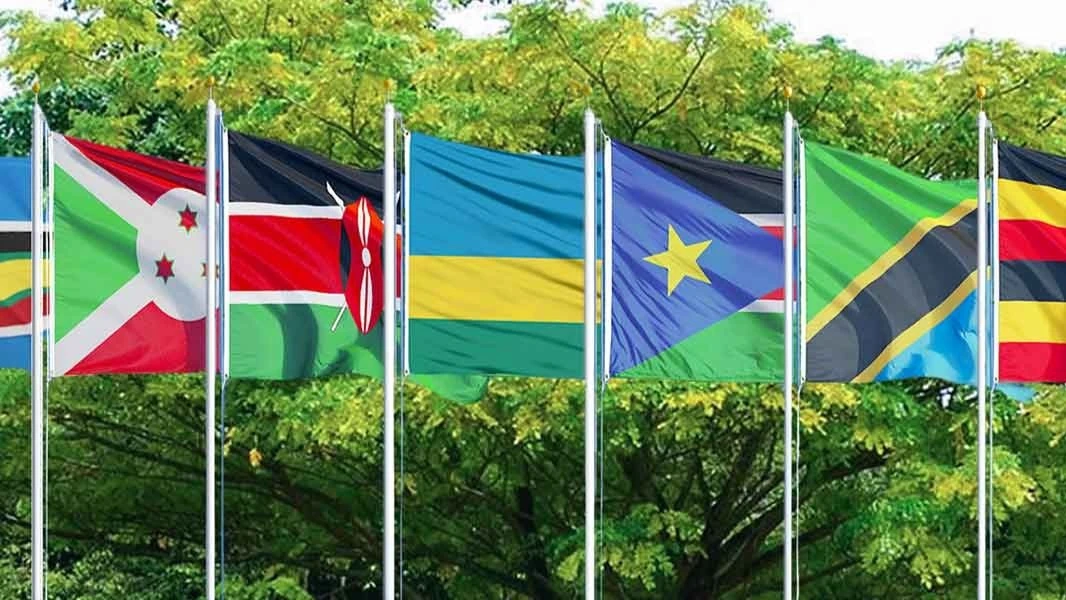
SOUTH Sudan has just acceded to the mutual recognition agreement of engineers, a milestone towards the free movement of professional engineers within the East African Community (EAC) zone.
Dr Dorcas Omukhulu, the principal education officer at the EAC Secretariat, said at the accession ceremony here over the weekend that there is need for the competent authorities in the five partner states to ensure the quality of training engineering professionals in the region.
EAC partner states with competent authorities which have not acceded to the engineers’ mutual recognition agreement to do so rapidly, she stated.
Bernard Kavishe, the board chairman and registrar at the Engineers Registration Board of Tanzania, who stood for the regional MRA coordination committee said that accession was decided after comprehensive conformity assessment of the country’s application, guided by Article 11.3 of the relevant protocol
“This historic event will further strengthen the region's engineering profession and facilitate the free movement of engineers within the EAC, contributing to the overall development and economic growth of the region,” the registrar declared
Ritcher Bjoern, the EAC cluster coordinator for the German aid agency GIZ, expressed GIZ support form enhancing East African economic integration journey now marking 25 years.
“GIZ is pleased to support engineering boards of the different partner states to facilitate platforms for cross-border skilled labour and look forward to working with engineering stakeholders in the region,” he stated.
South Sudan’s accession to the MRA is testament to the EAC's commitment to fostering regional cooperation for a vibrant and prosperous East African Community, he said.
Mutual recognition agreements are meant to streamline recognition of professional qualifications, in this case of engineers, in the region, facilitating cross-border mobility.
The country thus joins Rwanda, Kenya, Uganda and Tanzania in ratifying the rules of the protocol, with the accession agreement was signed by registrars of engineering councils in the respective partner states.
The ceremony was witnessed by EAC Secretariat and GIZ, via East African trade and integration digitalization project managers, as well as ‘leveraging integration frameworks for trade in services.’
These are initiatives supporting the EAC to facilitate the movement of professionals in the region in line with the EAC common market protocol, since the EAC establishment treaty envisages the free movement of labour, goods, services, capital and the right of establishment.
Mutually recognizing academic and professional qualifications granted by any of the partner states, experience obtained, requirements met, licenses or certifications granted in other partner states form part of the mutual recognition arrangement.
As an innovative step to breaking down barriers hindering the cross-border mobility of professionals in the zone, the German Federal Ministry for Economic Cooperation and Development (BMZ) and the European Union (EU) jointly developed the digitalization and the leveraging projects, officials said.
The two projects focus on the existing mutual recognition pact for engineers, to improve cross-border mobility regulatory frameworks, establishing a digital data exchange mechanism to facilitate the recognition of qualifications of practicing engineers in the zone.
“By enhancing the mobility of professionals, the MRAs facilitate transfer of knowledge and skill, improve access to a wider pool of experts, thereby promoting quality and professionalism in the EAC region,” the coordinator asserted.
Top Headlines
© 2025 IPPMEDIA.COM. ALL RIGHTS RESERVED









